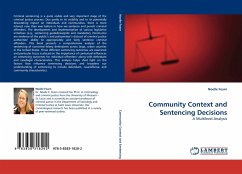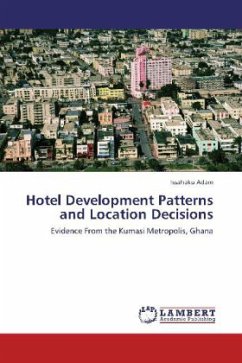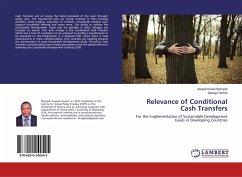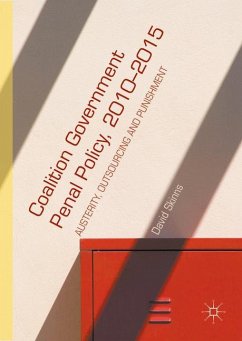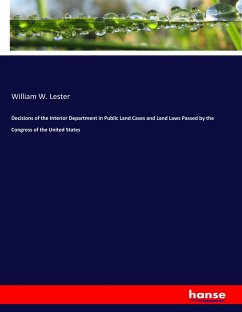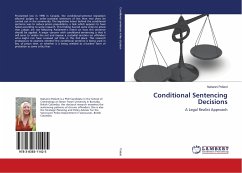
Conditional Sentencing Decisions
A Legal Realist Approach
Versandkostenfrei!
Versandfertig in 6-10 Tagen
45,99 €
inkl. MwSt.

PAYBACK Punkte
23 °P sammeln!
Proclaimed law in 1996 in Canada, the conditional sentence legislation allowed judges to order custodial sentences of less than two years be carried out in the community. The legislative intent behind the conditional sentence was to reduce prison populations, a task which appears to have failed according to some research. This finding has led some critics to attest that judges are not following Parliament s intent on how this sentence should be applied. A major concern with conditional sentencing is that it will serve to 'widen the net' and impose a custodial sanction on offenders who might no...
Proclaimed law in 1996 in Canada, the conditional sentence legislation allowed judges to order custodial sentences of less than two years be carried out in the community. The legislative intent behind the conditional sentence was to reduce prison populations, a task which appears to have failed according to some research. This finding has led some critics to attest that judges are not following Parliament s intent on how this sentence should be applied. A major concern with conditional sentencing is that it will serve to 'widen the net' and impose a custodial sanction on offenders who might not have received jail time in the first place. This research endeavours to examine whether the conditional sentence is being used in lieu of prison time, or whether is is being wielded as a harsher form of probation as some critics fear.



